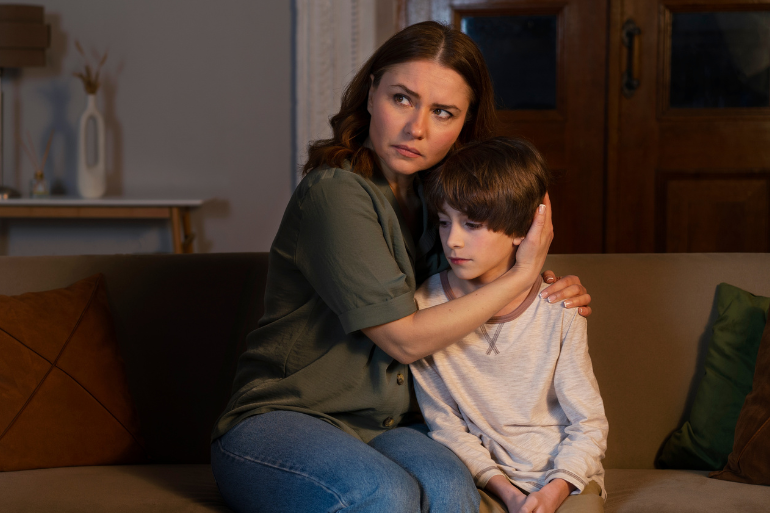Separation Anxiety Disorder: Understanding and Supporting Children
Separation Anxiety Disorder is a condition that causes intense fear or distress when a child is away from a parent or caregiver. While it is common for young children to feel uneasy during brief separations, separation anxiety disorder goes beyond typical clinginess and can significantly affect daily life.
If you are concerned about separation anxiety disorder in children, understanding the signs and knowing when to seek help is essential.
What is Separation Anxiety Disorder?
Separation anxiety is a normal stage of development, especially in toddlers and preschoolers. However, when anxiety becomes severe, persistent, and interferes with normal activities, it may be diagnosed as separation anxiety disorder.
This condition often begins before the age of six and can last for months if left untreated.
Signs of Separation Anxiety Disorder in Children
Every child is unique, but common signs include:
– Extreme distress when anticipating or experiencing separation
– Persistent worry about losing a parent or something bad happening
– Refusal to go to school, childcare, or sleep alone
– Repeated nightmares about separation
– Complaints of headaches, stomachaches, or other physical symptoms when separation is expected
If these behaviours last for at least four weeks and interfere with school or social life, professional support is recommended.
Causes and Risk Factors
Separation anxiety disorder in children can be influenced by a combination of factors:
– Family history of anxiety disorders
– Stressful life events, such as moving house or loss of a loved one
– Overprotective parenting styles
– Changes in routine or environment
Remember, no one is to blame—this is a treatable condition, and help is available.

Registration closes 1st June
Treatment and Support
Early intervention makes a significant difference. Effective treatment may include:
Cognitive-Behavioural Therapy (CBT)
CBT teaches children to manage anxious thoughts, gradually face feared situations, and build confidence.
Parent Coaching
Guidance for parents helps create consistent routines and reduce unhelpful patterns like excessive reassurance.
School Support
Collaboration with teachers ensures a smooth transition during drop-offs and helps maintain attendance.
In some cases, a child psychologist may also recommend play therapy or relaxation techniques to support emotional regulation.
When to Seek Help
If your child’s fears are preventing them from attending school, making friends, or enjoying daily life, it’s time to reach out for professional guidance.
At Maudsley Health in Abu Dhabi, our experienced psychologists specialise in assessing and treating separation anxiety disorder in children with compassionate, evidence-based care.
Testimonials
Take the First Step Toward Reassurance
You don’t have to navigate separation anxiety alone. Early support can empower your child to feel secure and thrive, even when apart from you.
Contact Maudsley Health today to schedule an assessment and learn more about how we can help you and your child overcome separation anxiety disorder together.

Register your interest
Do not hesitate to contact us if you need assistance. We are always here to help.
